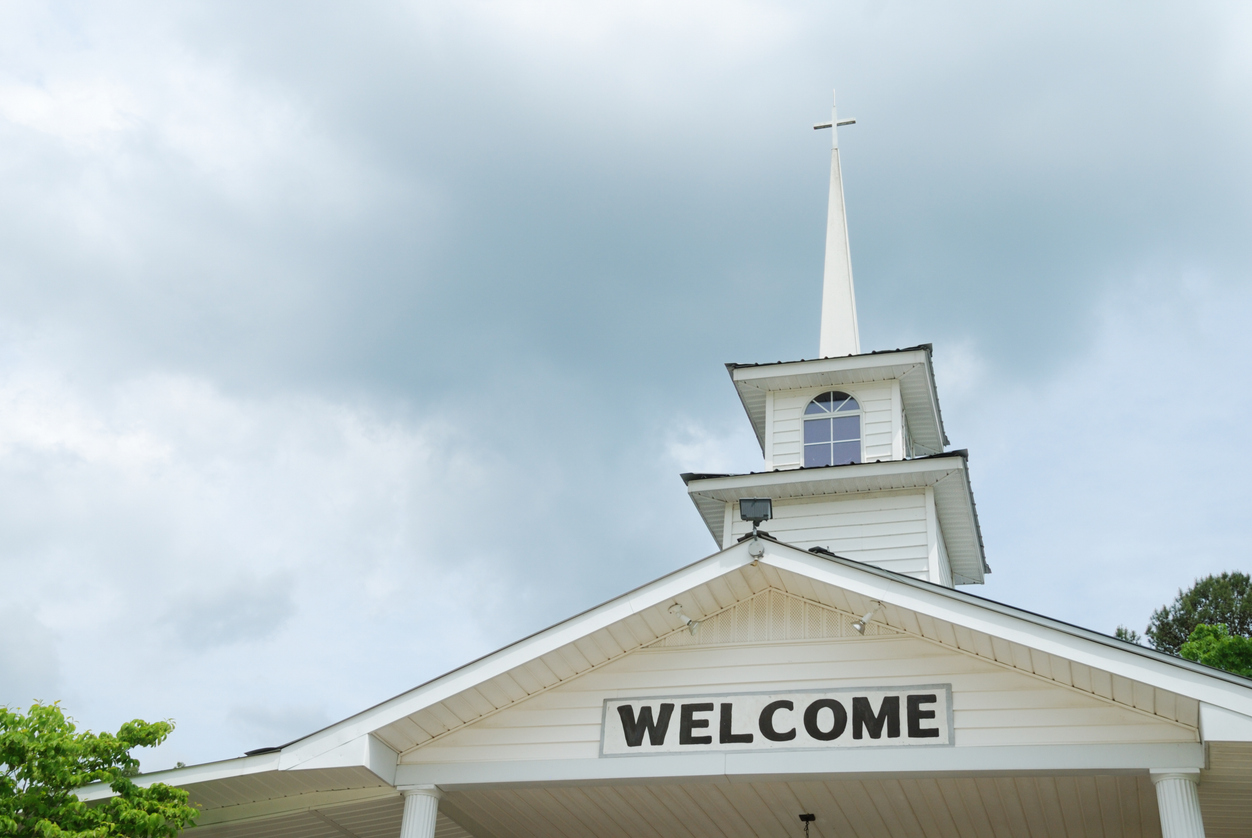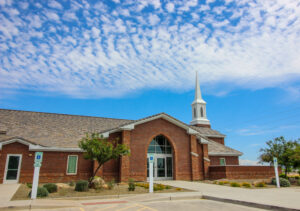
6 takeaways from church hospitality research
Earlier this year, Lifeway Research released the results of a study on how Protestant churches welcome first-time guests. The results, as they say, speak for themselves.

Earlier this year, Lifeway Research released the results of a study on how Protestant churches welcome first-time guests. The results, as they say, speak for themselves.

iStock
If you’re pastoring a mid-sized church, you’ve likely felt that slow undercurrent of change that’s harder to name than it is to feel.

Adobe Stock Photo. Do not publish.
The first seven years of C. H. Spurgeon’s ministry in London were accompanied by a surprising revival. No one could have expected it. Through a nineteen-year-old country preacher, a dying congregation was revitalized, and hundreds—perhaps thousands—were converted under his ministry during those early years. Though only a few dozen were in attendance when Spurgeon first arrived at New Park Street in 1853, by 1861 membership was at 1,473, with thousands more regularly attending.

Adobe Stock Photo. Do not publish.
An “unforced error” is a term borrowed from sports, especially tennis, meaning a mistake made due to one’s own lapse rather than being forced by an opponent. In everyday language, it refers to an avoidable mistake or misstep, typically resulting from a lack of attention or care rather than external pressure.
I admit the topic of this blogpost might not quickly grab your attention – but I challenge you to keep reading. The world needs us to have this discussion. In fact, our basic Christian obedience is at stake if we ignore this topic.
An older pastor once told me that at Christmas, the Christian and secular cultures sync to embrace the joy of the season. But I have also learned another factor has power to bring these communities together and even open gospel doors—tragedy.
Recently our church completed a renovation project of our sanctuary and surrounding education space. This portion of our campus had not been updated for more than 30 years. It was a huge endeavor. The whole process, from the planning stage to completion, took the better part of a year.
Early in my first pastorate, I was advised to avoid favoritism by treating all my church members exactly the same. It took me several years to root this ministry myth out of my system.
What is an emotional affair and why must pastors, elders and ministry leaders fight against succumbing to this temptation? According to one online source, “An emotional affair is a non-sexual relationship involving a similar level of emotional intimacy and bonding as a romantic relationship.” The writer adds that emotional affairs often begin as a friendship and then move to something more involved.
For many years now, I’ve asked students about their quiet time with the Lord. Frankly, many struggle with consistency, especially with prayer. Anecdotally, though, here’s what I’ve learned: the students who struggle least tend to have had parents who modeled quiet times for them. Sometimes they did that intentionally, but at other times it just happened. Their parents did their quiet time in a more public place, and their kids took note.
Church growth experts today will have thousands of new ideas on how to grow a church and keep people engaged. Some of those ideas may be useful. But not if they come at the expense of this one central call of the minister: preach Christ. Charles Spurgeon’s fruitful ministry stands as a stirring commendation to the power of faithful gospel preaching. That’s not to say we can ever presume a particular kind of result. Spurgeon’s story was a surprising and unique work of God in a particular historical context.
Over my years of studying churches, I’ve watched for ways they recognize and honor volunteers – the folks who faithfully serve the Lord through serving in their churches. Here are some of those ways. 1. Commission them at the beginning of the year. Make a big deal about praying over and supporting volunteers, and you’ll likely […]
I don’t propose bivocationalism as the only form of pastoral ministry, but I do offer it as a valid model that can reap eternal benefits.
Recent Pew Research data further confirmed Christianity is no longer shrinking in America. Currently, the U.S. is no longer becoming less religious. We’ve reached the end of the rise of the nones.